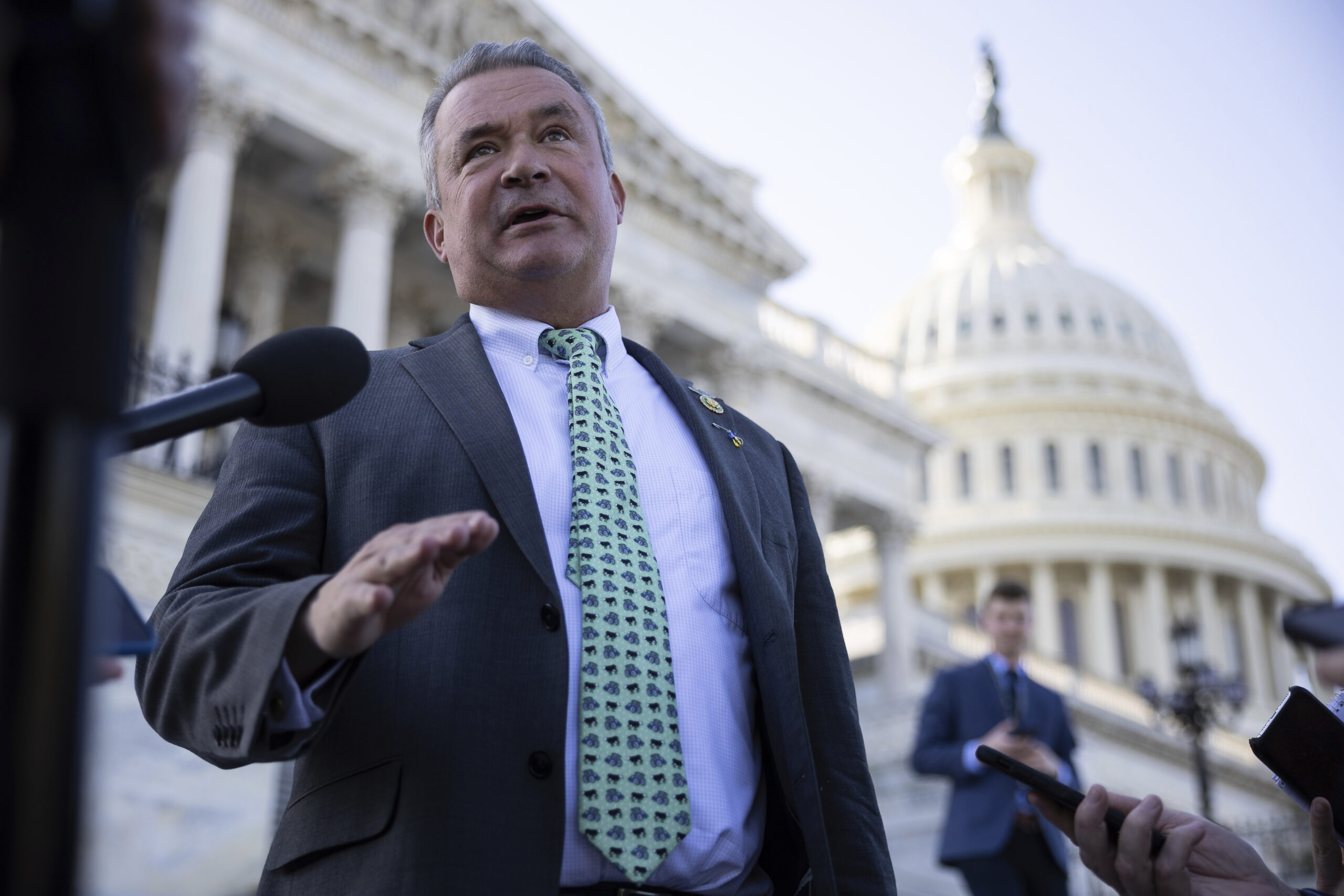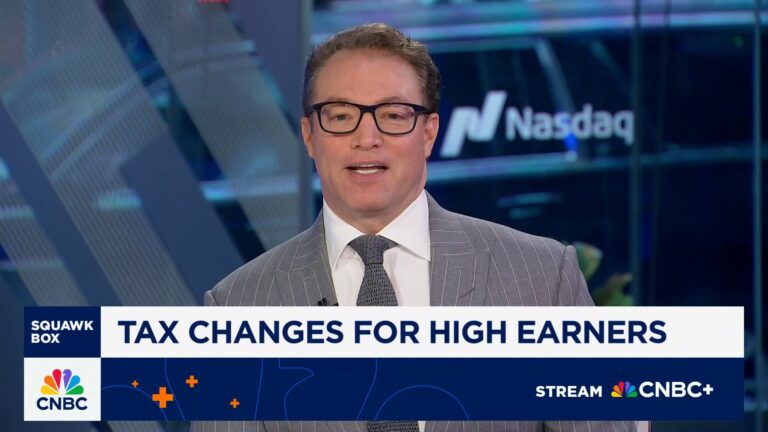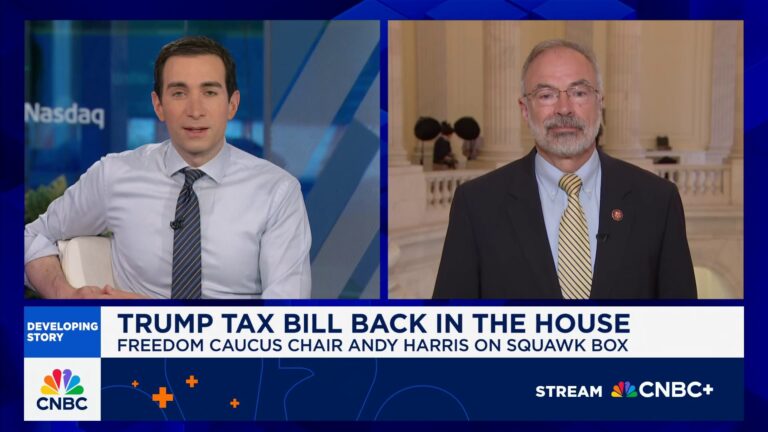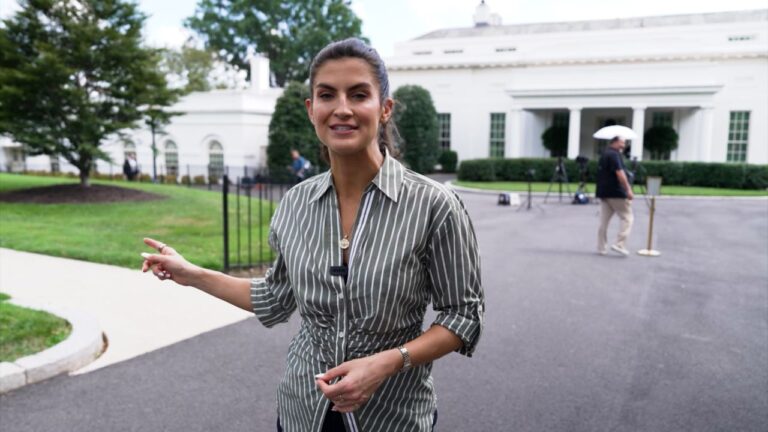Six Republican members of the U.S. House of Representatives are at a crossroads as they prepare to cast their votes on proposed cuts to Medicaid, the federal program providing health insurance to millions of low-income Americans. The decision, expected this week, has sparked intense debate within the party, as these moderates have publicly deemed the cuts “unacceptable.”
The proposed legislation aims to significantly reduce funding for Medicaid, a move that has drawn criticism from both sides of the aisle. These six Republicans have previously expressed concerns about the impact such cuts would have on their constituents, many of whom rely on Medicaid for essential healthcare services.
The Stakes for Medicaid
Medicaid, established in 1965, has been a cornerstone of the American healthcare system, offering coverage to over 80 million low-income individuals and families. The program’s funding is jointly managed by federal and state governments, making it a critical resource for states with high poverty rates.
The proposed cuts could lead to a reduction in services, increased out-of-pocket costs for beneficiaries, and a potential increase in the uninsured population. These changes have raised alarms among healthcare advocates and policymakers who argue that the cuts could exacerbate existing health disparities.
Voices of Opposition
Among the six Republicans opposing the cuts, Representative John Doe of Ohio has been a vocal critic. In a recent statement, he emphasized the importance of Medicaid to his district, stating,
“Medicaid is not just a budget line item; it’s a lifeline for thousands of families in my community.”
Similarly, Representative Jane Smith of Florida highlighted the potential consequences for her state’s elderly population, many of whom depend on Medicaid for nursing home care. “These cuts would be devastating for our seniors,” she noted.
Historical Context and Political Implications
The debate over Medicaid funding is not new. Since its inception, the program has faced numerous challenges, with periodic attempts to curtail its growth. However, the current proposal represents one of the most significant threats in recent history, coinciding with broader efforts to reduce federal spending.
Historically, Medicaid has enjoyed bipartisan support, but the political landscape has shifted, with healthcare becoming a deeply polarizing issue. The current proposal reflects broader ideological divides within the Republican Party, pitting fiscal conservatives against moderates concerned about social safety nets.
Expert Opinions
Healthcare policy experts warn that the proposed cuts could have long-term economic repercussions. Dr. Emily Carter, a healthcare economist at the University of Michigan, explained,
“Reducing Medicaid funding could lead to increased emergency room visits and higher healthcare costs overall, as uninsured individuals seek care in less efficient settings.”
Moreover, the potential loss of federal funds could strain state budgets, forcing states to make difficult choices about which services to maintain or cut.
Looking Ahead
The upcoming vote will be a crucial test for the six Republican moderates, who must balance party loyalty with the needs of their constituents. Their decision could have significant implications for their political futures, as well as for the broader healthcare landscape in the United States.
As the vote approaches, all eyes will be on these lawmakers to see whether they will stand by their earlier statements or succumb to party pressure. The outcome could set a precedent for future debates over healthcare funding and the role of government in providing social services.
In the meantime, advocacy groups and constituents continue to voice their concerns, urging lawmakers to consider the human impact of their decisions. The stakes are high, and the consequences of this vote will reverberate far beyond the halls of Congress.
























